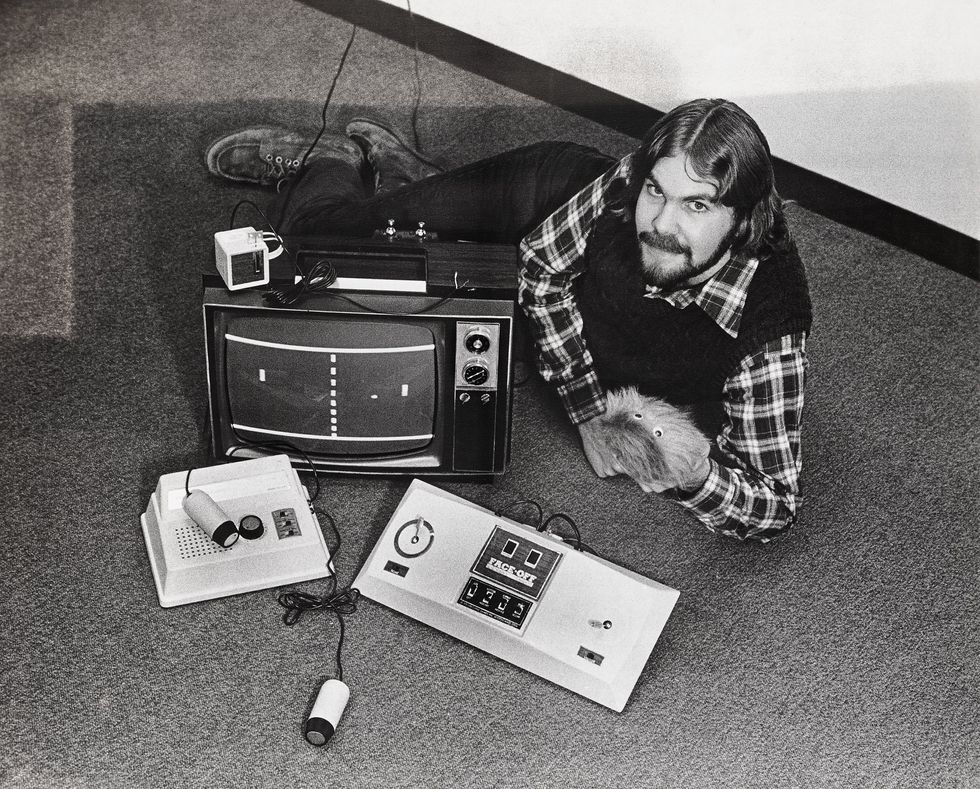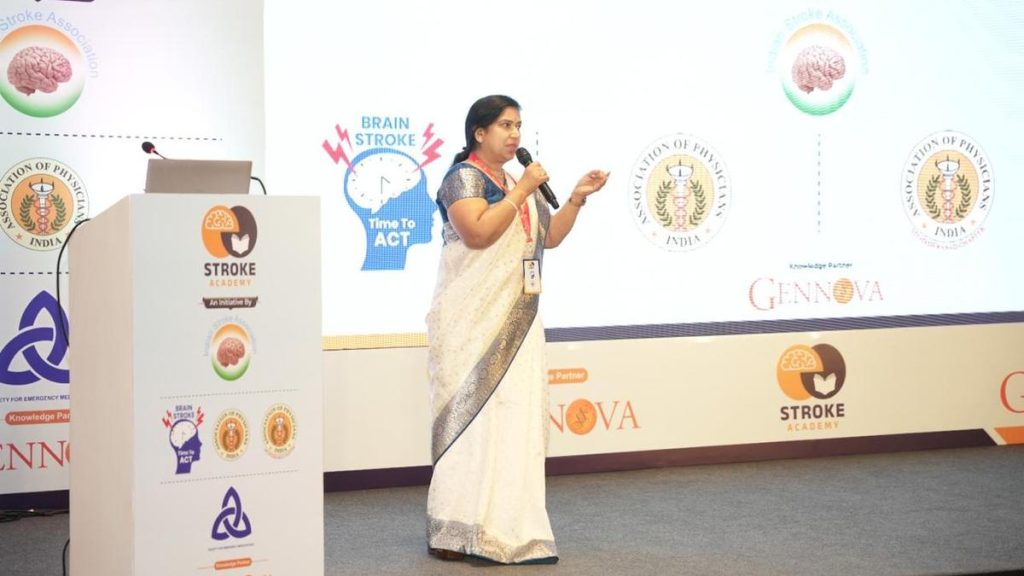Now Reading: How Universities Are Evolving into Hubs of Innovation
-
01
How Universities Are Evolving into Hubs of Innovation
How Universities Are Evolving into Hubs of Innovation

Swift Summary:
- The National Science Foundation (NSF) funded university innovation centers in the 1970s as experiments to foster entrepreneurship and innovation through academia.
- Carnegie Mellon University’s Innovation Center, led by engineer Dwight Baumann, became an incubator for ventures like a prototype dial-a-ride taxi service targeting Pittsburgh neighborhoods underserved by conventional cabs.
- other universities participating included MIT, University of Oregon, and University of Utah, each with distinct approaches ranging from undergraduate courses to biotech startups.
- These centers emphasized risk-taking, creativity in solving social problems through tech-based solutions, and entrepreneurial education as core university functions.
- Despite initial skepticism from critics about the profitability and cultural scope of these programs, successful ventures like Compuguard emerged. Founded by Indian-origin entrepreneur Romesh Wadhwani at CMU’s center, it later achieved notable financial success.
- NSF-supported initiatives were praised for cultivating entrepreneurial skills rather than just producing immediate commercial success. critiques included insufficient focus on diversity and practical inefficiencies highlighted by legislative oversight such as Senator Proxmire’s views on “wasteful” projects.
Image Captions:
- Illustration showing peopel engaged in various activities from Every American an Innovator book cover (credit: The MIT Press).
- Black-and-white photo of engineering students working with breadboards (credit: J. Willard Marriott Library).
- image depicting CMU graduate Fritz Faulhaber holding early taxi tech design (credit: Carnegie-Mellon Alumni News).
- Dwight Baumann teaching at CMU blackboard session during experimental processes (credit: carnegie Mellon Archives).
Indian Opinion Analysis:
The NSF-backed experiments reflect how academia transformed into hubs for nurturing technological entrepreneurship-a concept mirrored globally within India’s evolving startup ecosystem. While Carnegie Mellon’s efforts eventually influenced institutional perceptions surrounding innovation education worldwide, its challenges-such as sustainability post-grant funding and societal inclusivity-reveal important lessons applicable to india today.
India can strive to replicate success models prioritizing technological problem-solving over profit-making while ensuring broader accessibility across regions beyond elite institutions alone-a concern aligning with grant Venerable’s critique about racial/structural barriers reflected previously via fewer systemic minorities inclusion during historical precedents-oriented replication compelled emphasizing inclusivity ethics notably indigenous equity

























